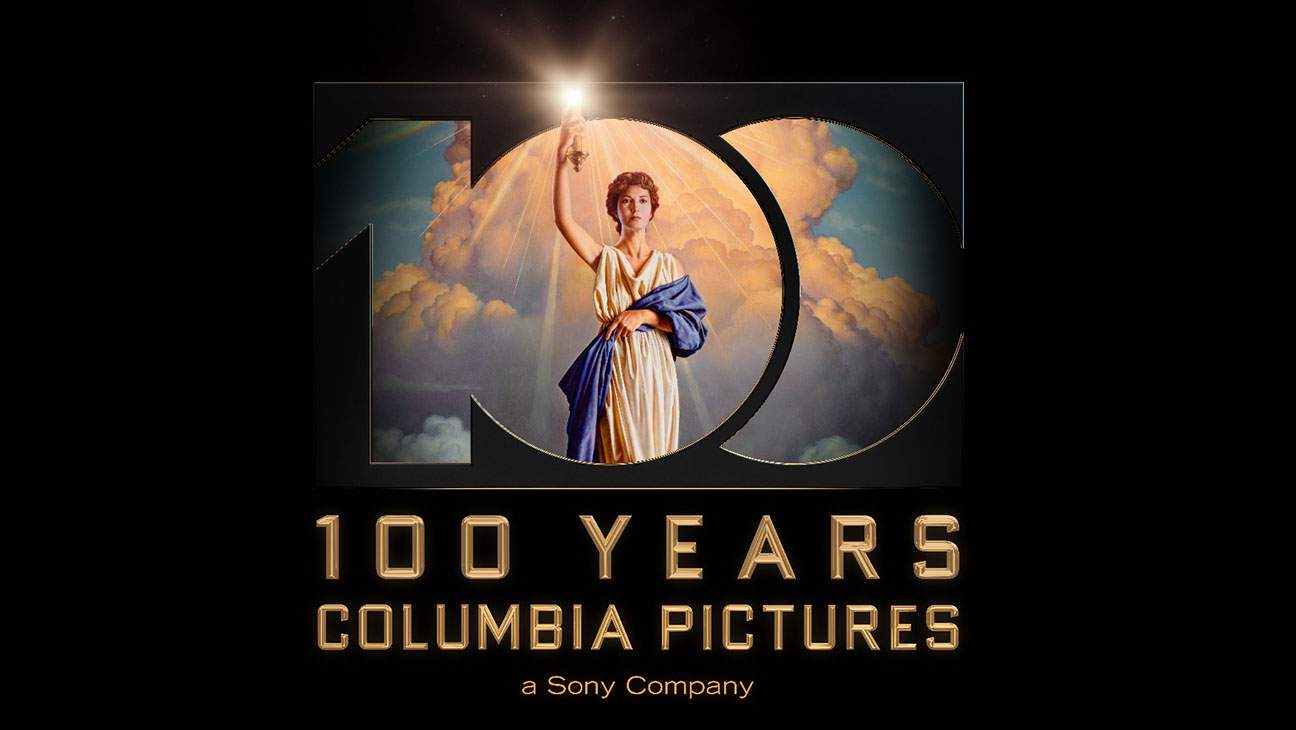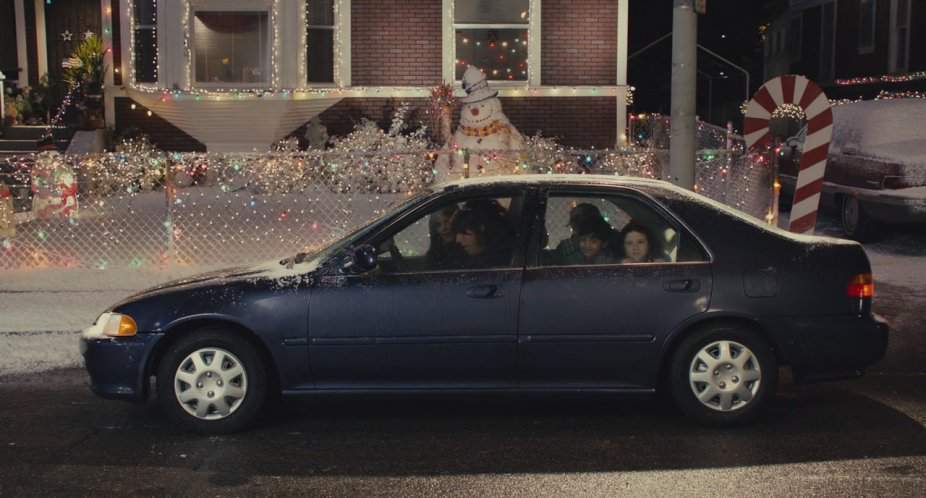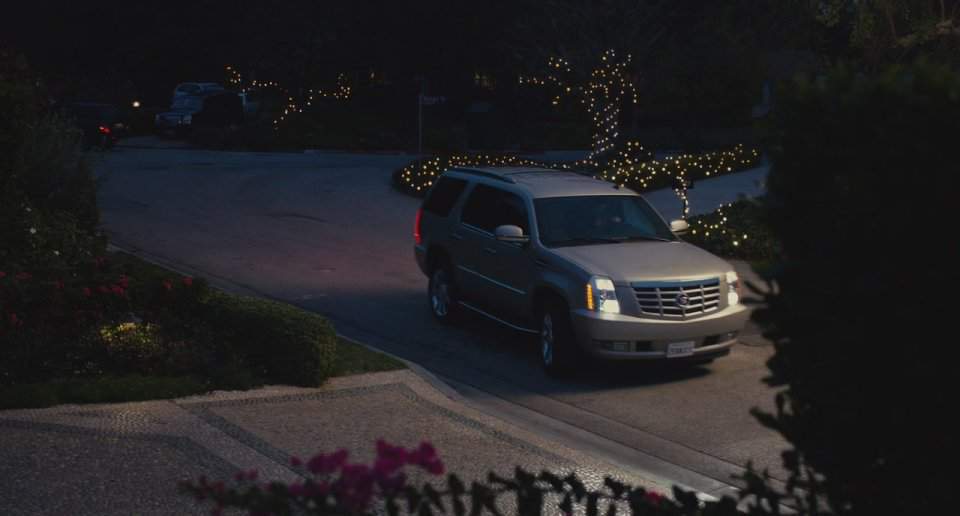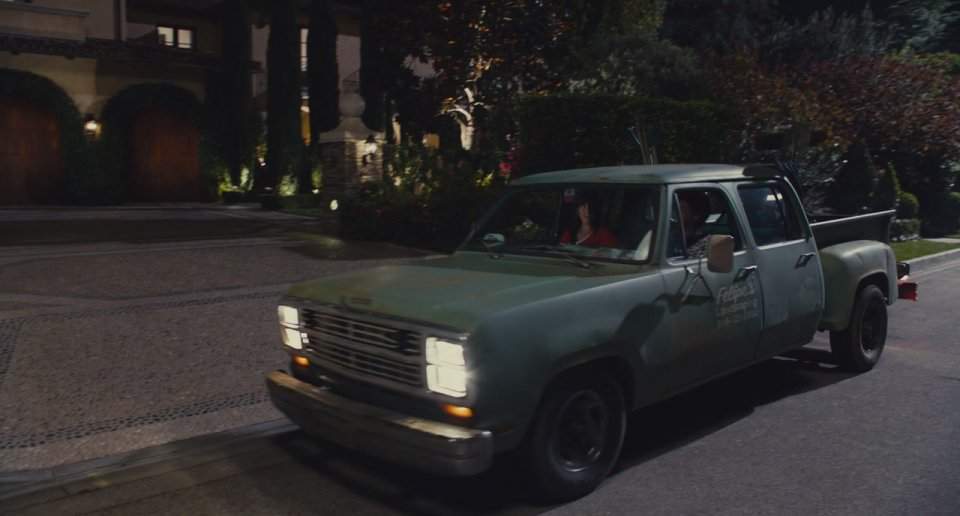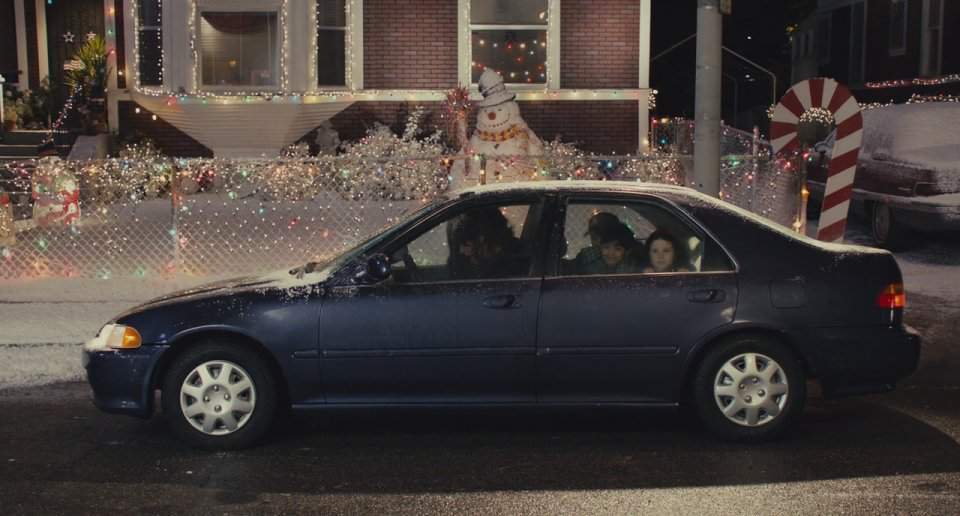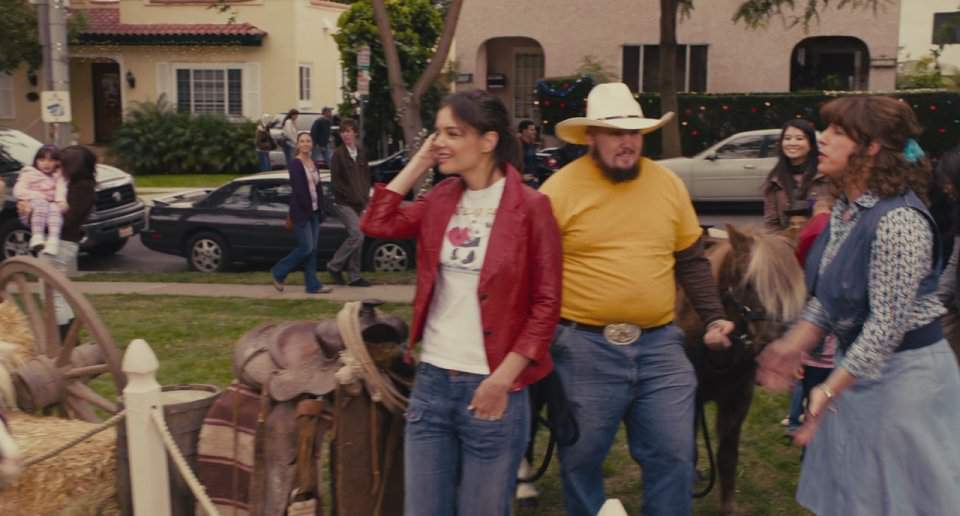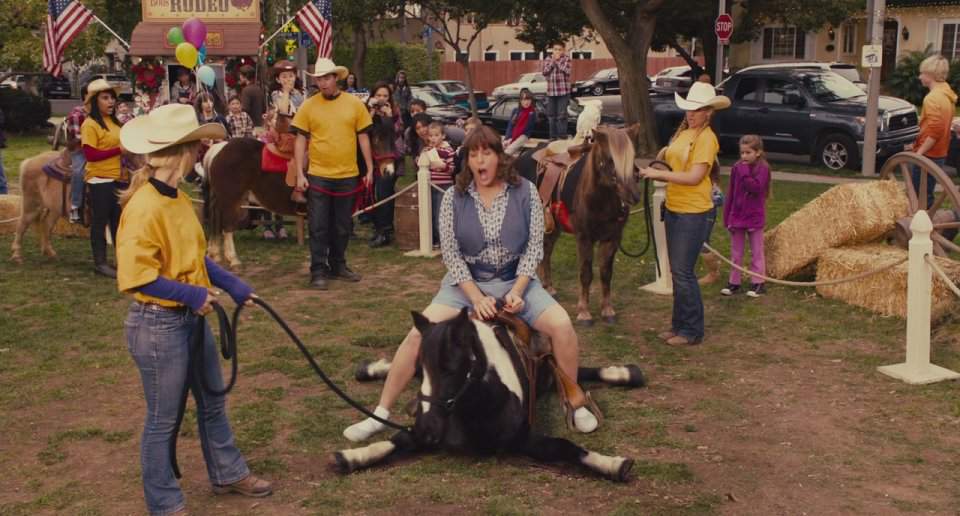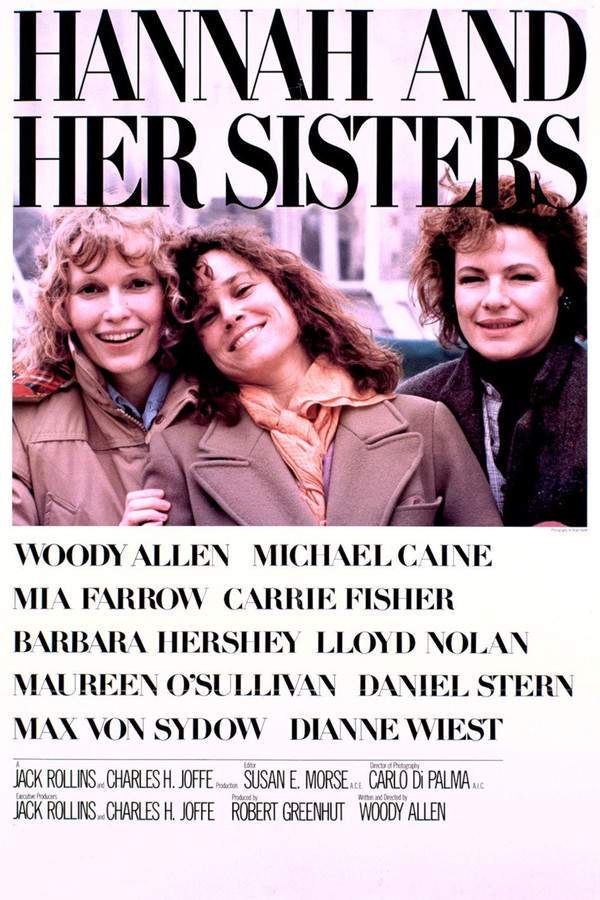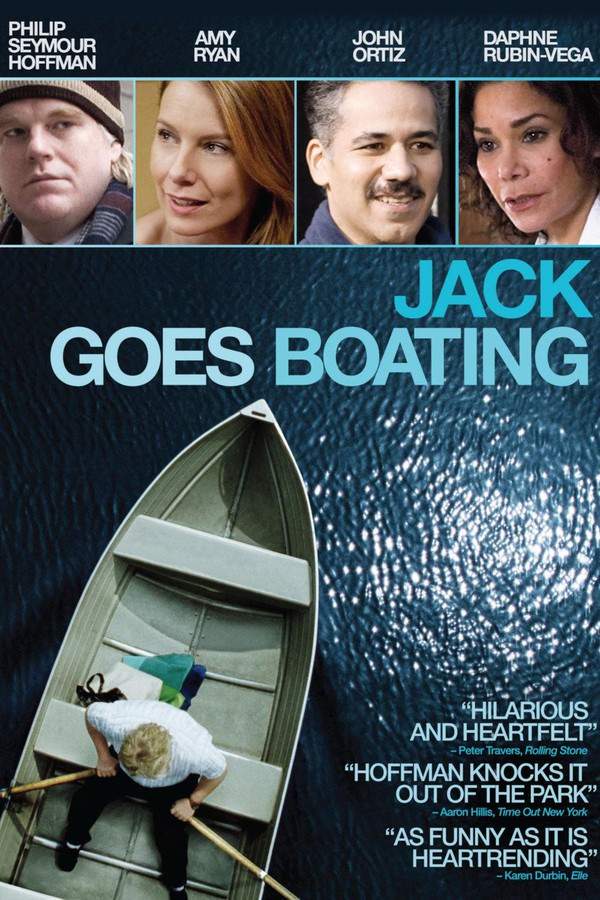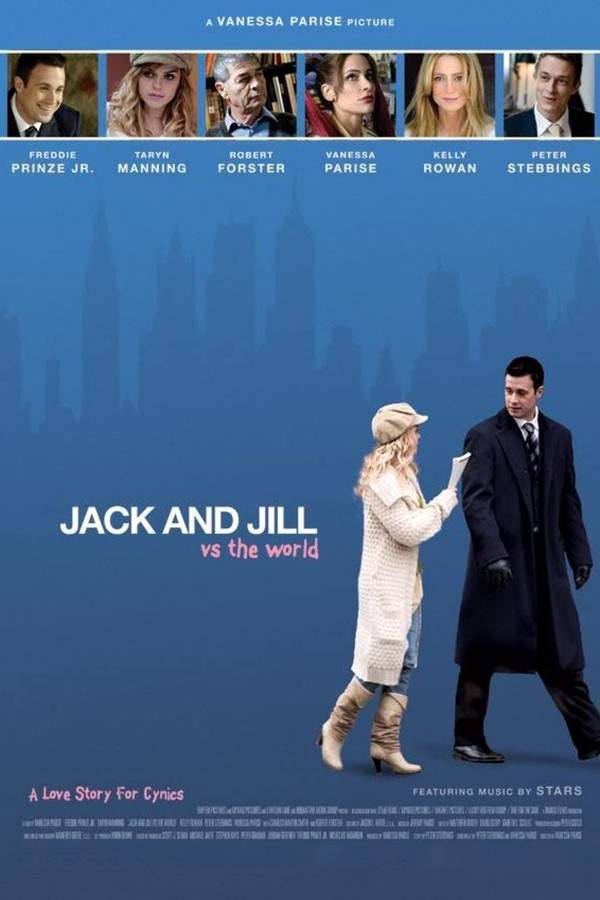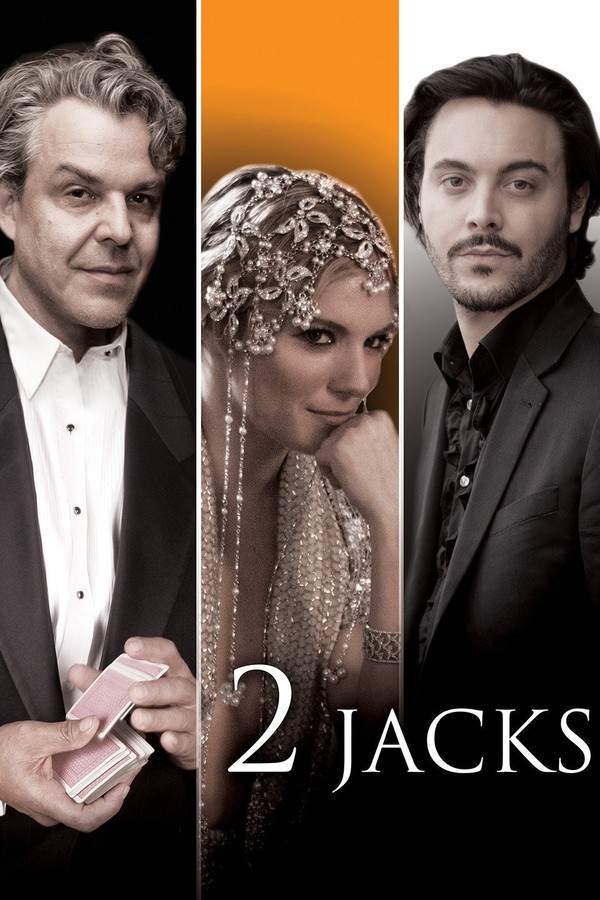Jack and Jill 2011

A Los Angeles executive, Jack Sadelstein, finds his peaceful life disrupted every Thanksgiving when his identical twin sister Jill arrives for a visit. Jill's clingy and subtly aggressive personality creates hilarious chaos, forcing Jack to navigate the increasingly absurd situations with the help of his understanding wife, Erin. The film explores the comedic challenges of sibling rivalry and the lengths one man will go to maintain a semblance of normalcy during the holidays.
Does Jack and Jill have end credit scenes?
No!
Jack and Jill does not have end credit scenes. You can leave when the credits roll.
Meet the Full Cast and Actors of Jack and Jill
Explore the complete cast of Jack and Jill, including both lead and supporting actors. Learn who plays each character, discover their past roles and achievements, and find out what makes this ensemble cast stand out in the world of film and television.
External Links and Streaming Options
Discover where to watch Jack and Jill online, including streaming platforms, rental options, and official sources. Compare reviews, ratings, and in-depth movie information across sites like IMDb, TMDb, Wikipedia or Rotten Tomatoes.
Ratings and Reviews for Jack and Jill
See how Jack and Jill is rated across major platforms like IMDb, Metacritic, and TMDb. Compare audience scores and critic reviews to understand where Jack and Jill stands among top-rated movies in its genre.

23
Metascore
2.5
User Score

3.3 /10
IMDb Rating

44
%
User Score

1.5
From 368 fan ratings

3.59/5
From 170 fan ratings
Take the Ultimate Jack and Jill Movie Quiz
Challenge your knowledge of Jack and Jill with this fun and interactive movie quiz. Test yourself on key plot points, iconic characters, hidden details, and memorable moments to see how well you really know the film.
Jack and Jill Movie Quiz: Test your knowledge about the hilarious antics and events in 'Jack and Jill' (2011).
What is the primary occupation of the character Jack?
Advertising executive
Actor
Teacher
Chef
Show hint
Full Plot Summary and Ending Explained for Jack and Jill
Read the complete plot summary of Jack and Jill, including all major events, twists, and the full ending explained in detail. Explore key characters, themes, hidden meanings, and everything you need to understand the story from beginning to end.
The movie begins by showcasing homemade videos of siblings Jack and Jill as they grow up. Through these clips, it becomes evident that Jack, played by Adam Sandler, is the more accomplished twin, while Jill frequently attempts to capture his attention through mischievous antics such as hurting him and the girls in their vicinity. Fast forward to adulthood, and we meet Jack, a prosperous advertising executive residing in Los Angeles, who enjoys a beautiful life with his wife, Katie Holmes, and their two children, Sofie and Gary.
However, Jack’s serenity is disrupted by the impending holiday visit of his “identical” twin sister, Jill, also portrayed by Adam Sandler. Jack’s frustration mounts as he is obliged to pick her up at the crack of dawn, at 4:00 am. The arrival is fraught with chaos, leading to multiple annoying incidents, rapidly testing Jack’s patience. Jill’s neediness and passive-aggressive behavior completely unsettle the tranquility Jack has cultivated.
As Thanksgiving dinner approaches, Jill’s antics spiral into chaos—she disrupts the gathering with loud comments, labels a guest as homeless, and darts into the woods with her pet cockatoo. Forced by his wife to mend fences, Jack visits Jill in the woods, where she reveals a list of aspirations she wishes to fulfill before her departure, including appearing on a game show, horseback riding, and touring a studio. To his dismay, Jill decides to extend her stay through Hanukkah.
Meanwhile, Jack’s work life further intensifies as he aims to land Al Pacino for a Dunkin’ Donuts commercial, a task that becomes more complicated with Jill in town. In her quest for love, Jill tries online dating without much luck—until the frustrated Jack impersonates her, leading to a flood of responses, but her date with “Funbucket,” played by Norm Macdonald, is a comedic disaster when he flees in terror.
In a bid to alleviate his guilt, Jack invites Jill to a Lakers game, where Al Pacino is supposed to be. During this outing, Pacino unexpectedly becomes smitten with Jill, even managing to convey his phone number in a rather unconventional manner—written on a hot dog with mustard and ketchup. Jack secretly hopes that Jill will head back home by New Year’s Eve since he and his family have planned a cruise.
As Jack’s friends throw a combined birthday party for him and Jill—unaware of her existence—Jill becomes the center of attention, culminating in an amusing scenario. A twist occurs when Pacino takes Jill to his residence, where she joyfully selects a cake. Strangely, the next day, Jill nearly departs, but destiny intervenes when Jack’s gardener, Felipe, organizes a family picnic for her. As Jill forms a bond with Felipe’s kids, it becomes apparent she craves connection.
In an unorthodox arrangement, Pacino agrees to do the commercial if Jack can arrange a date with Jill. Faced with this challenge, Jack disguises himself as Jill to keep her from realizing the arrangements being made. A helicopter picks up “Jill” for an extravagant date at a castle, but as Jack witnesses Pacino’s deep feelings for his sister, he grapples with his affection for her as well and races back to the ship, only to discover that Jill has left for the Bronx, having perceived Jack’s true motives for wanting her to stay.
Reunited at a restaurant where they remember their late mother, Jack and his family celebrate with Jill. An encounter with their former classmate, Monica, adds chaos, but Jill stands up for Jack’s wife. The evening concludes at Jill’s house, which Felipe has romantically adorned, prompting a sweet moment between them. However, Pacino’s arrival—dressed in costume after his performance in Man of La Mancha—complicates matters as he makes his feelings known but ultimately steps back to respect Jill’s newfound happiness.
The film wraps up with a vibrant commercial featuring Pacino promoting a Dunkaccino alongside a catchy rap song. Despite the potential of the ad, Pacino expresses his disdain, demanding Jack destroys all copies and prevents anyone from viewing it.
Uncover the Details: Timeline, Characters, Themes, and Beyond!

Coming soon on iOS and Android
The Plot Explained Mobile App
From blockbusters to hidden gems — dive into movie stories anytime, anywhere. Save your favorites, discover plots faster, and never miss a twist again.
Sign up to be the first to know when we launch. Your email stays private — always.
Watch Trailers, Clips & Behind-the-Scenes for Jack and Jill
Watch official trailers, exclusive clips, cast interviews, and behind-the-scenes footage from Jack and Jill. Dive deeper into the making of the film, its standout moments, and key production insights.
Cars Featured in Jack and Jill
Explore all cars featured in Jack and Jill, including their makes, models, scenes they appear in, and their significance to the plot. A must-read for car enthusiasts and movie buffs alike.
Jack and Jill Themes and Keywords
Discover the central themes, ideas, and keywords that define the movie’s story, tone, and message. Analyze the film’s deeper meanings, genre influences, and recurring concepts.
Jack and Jill Other Names and Titles
Explore the various alternative titles, translations, and other names used for Jack and Jill across different regions and languages. Understand how the film is marketed and recognized worldwide.
Similar Movies To Jack and Jill You Should Know About
Browse a curated list of movies similar in genre, tone, characters, or story structure. Discover new titles like the one you're watching, perfect for fans of related plots, vibes, or cinematic styles.
Quick Links: Summary, Cast, Ratings, More

What's After the Movie?
Not sure whether to stay after the credits? Find out!
Explore Our Movie Platform
New Movie Releases (2026)
Famous Movie Actors
Top Film Production Studios
Movie Plot Summaries & Endings
Major Movie Awards & Winners
Best Concert Films & Music Documentaries
Movie Collections and Curated Lists
© 2026 What's After the Movie. All rights reserved.


